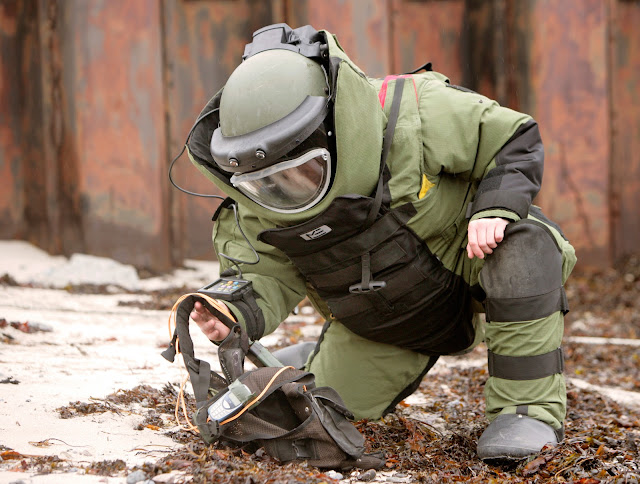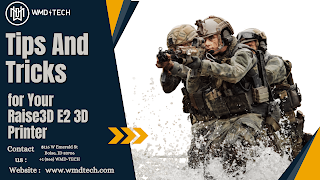Mastering the Art of EOD Training: A Guide to Explosive Ordnance Disposal
Explosive Ordnance Disposal (EOD) is a crucial and high-risk profession that plays a vital role in ensuring the safety and security of our communities and nations. EOD professionals are trained to deal with unexploded ordnance, improvised explosive devices, and other hazardous materials. In this comprehensive guide, we'll explore the world of EOD training, its importance, and the steps to becoming an EOD expert.
Understanding the Importance of EOD Training
EOD training is essential for several reasons. It ensures the safety of military personnel, first responders, and civilians by identifying, neutralizing, and disposing of explosive threats. Here are some key points to understand the significance of EOD training:
Safety: EOD professionals are trained to minimize the risks associated with explosives, making it safe for all involved.
National Security: EOD experts contribute to national security by preventing and countering the use of explosive devices by hostile entities.
Community Protection: EOD units also play a crucial role in handling explosive threats in civilian areas, such as handling suspicious packages and responding to bomb threats.
The Journey to Becoming an EOD Expert
Educational Requirements: To embark on a career in EOD, you'll typically need a high school diploma or equivalent. However, many EOD professionals have advanced degrees in fields such as chemistry or engineering.
Military Training: A significant portion of EOD experts is found in the military. Enlistment in the armed forces, followed by specialized EOD training programs, is a common path to becoming an EOD technician. The U.S. military branches, such as the Army and Navy, offer EOD training.
Civilian Pathways: For those not interested in military service, some civilian agencies and organizations offer EOD training programs and courses. These programs can be pursued after completing relevant educational requirements.
Training Duration: EOD training programs are intensive and can last from several weeks to several months, depending on the level of expertise. They cover topics like bomb detection, disposal techniques, and the use of specialized tools and equipment.
Key Skills and Knowledge Areas
To excel in EOD, you need a combination of skills and knowledge, including:
Technical Proficiency: Understanding the inner workings of explosive devices, along with expertise in various explosive materials, is crucial.
Physical Fitness: EOD technicians must be physically fit to handle the demands of the job, which may include wearing heavy protective gear and performing physically demanding tasks.
Stress Management: EOD professionals often work under extreme stress, and they must remain calm and focused during high-pressure situations.
Communication Skills: Effective communication within the team and with other agencies is vital for successful operations.
The Ever-Evolving Field of EOD
EOD is a dynamic field that continuously adapts to new threats and technologies. Training and education are ongoing, and EOD technicians must stay up-to-date with the latest developments in explosives and disposal techniques.
In conclusion, EOD training is not just a profession; it's a calling that requires dedication, courage, and a commitment to public safety. If you're considering a career in explosive ordnance disposal, it's essential to seek the best training available and stay current with industry advancements to protect your community and nation effectively. Your role as an EOD expert can make a significant difference in preserving lives and ensuring a safer world.


.png)
Comments
Post a Comment